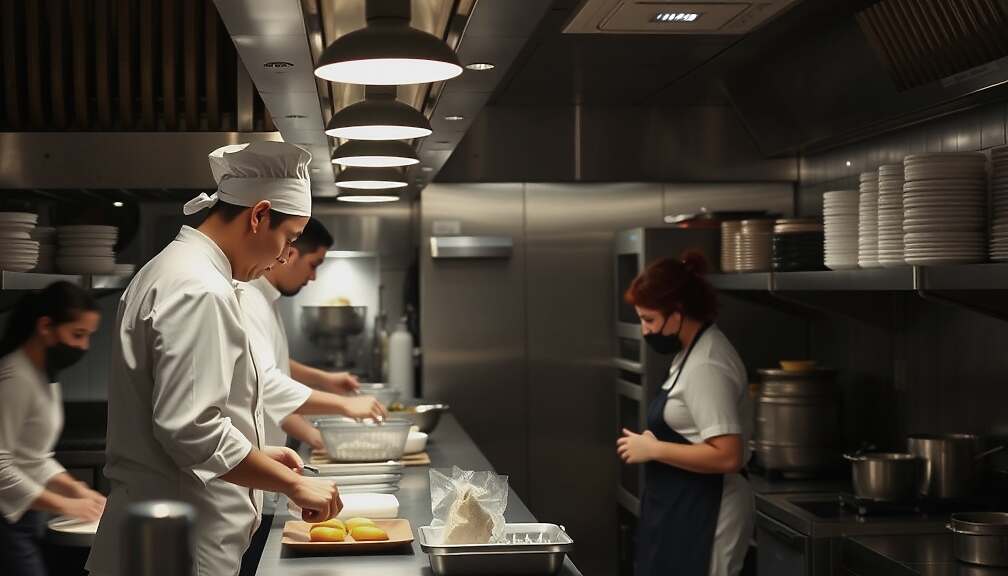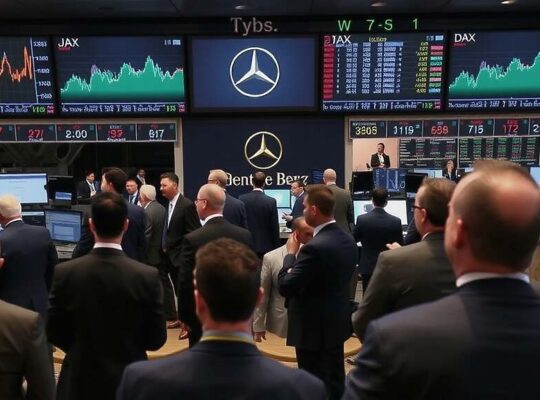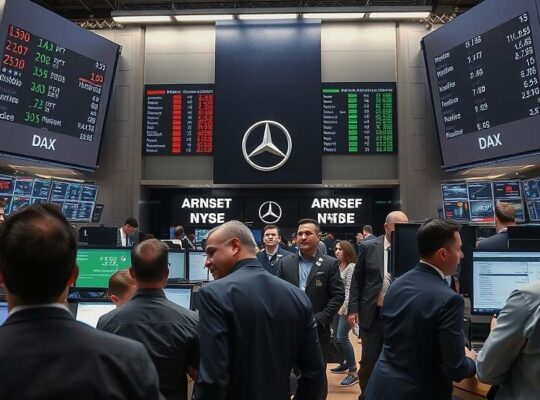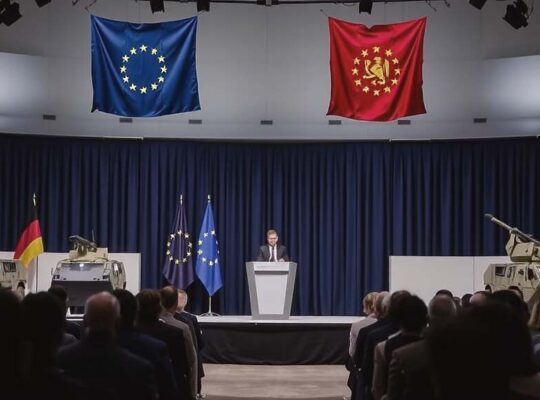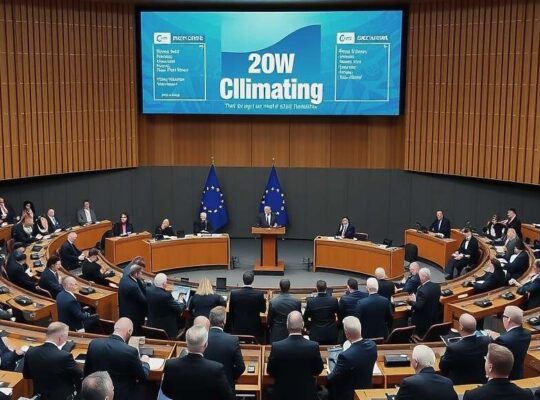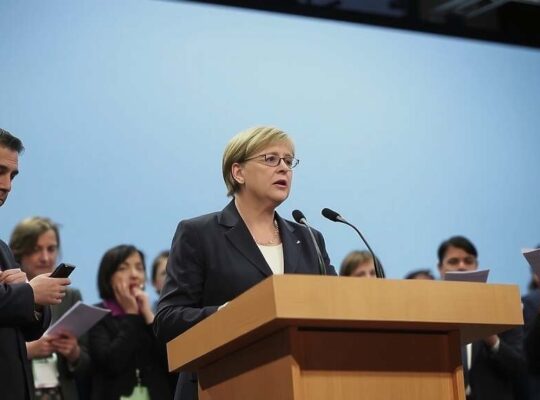The reduction in value-added tax (VAT) on food service is unlikely to be passed on to consumers directly and comprehensively, according to industry representatives. Ingrid Hartges, Managing Director of the German Hotel and Restaurant Association (Dehoga), stated that the extent to which price reductions are possible will largely depend on the evolution of costs, particularly those related to supplies and personnel. Individual restaurateurs will ultimately decide how to adjust their pricing.
Hartges’ remarks contradict statements made by Federal Finance Minister Lars Klingbeil, who recently presented the 2026 budget and expressed the expectation that the planned VAT reduction, decreasing from 19% to 7% on restaurant meals, would be passed on to consumers, leading to more affordable prices. Klingbeil described this as an “expectation” rather than a “threat.
While acknowledging that some flexibility might be utilized by businesses to invest and create attractive offers for guests at the turn of the year, Hartges cautioned against expecting across-the-board price drops. She highlighted the increasing financial burden stemming from the planned minimum wage increase slated to take effect on January 1, 2026, representing an approximate 8% rise.
Hartges emphasized the importance of business survival and maintaining diversity within the gastronomy sector. Restaurants and traditional pubs face significant competition from other food options, such as takeaway food and deliveries, which have always been subject to the lower 7% VAT rate.


